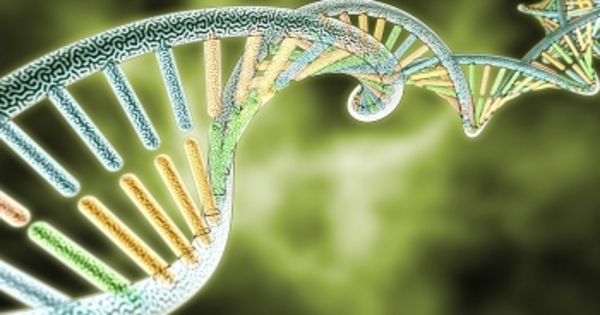Plants, animals, bacteria, and other extremely small species can all be genetically engineered. Scientists can use genetic engineering to move desirable genes from one plant or animal to another. Genes can also be transferred from an animal to a plant and vice versa. Genetically modified organisms, or GMOs, are another term for this. The procedure of creating GE foods differs from selective breeding. This entails selecting plants or animals with desirable features and breeding them. This produces children with the desired qualities over time.
The use of genetically modified (GM) crops in agriculture is still controversial, particularly in Europe. According to polls, many individuals are concerned that they would have a harmful impact on human health and the environment. A new study, however, suggests that genetically modified crops may be beneficial to the environment, particularly the climate. The findings indicate that the usage of genetically modified (GM) crops in the European Union (EU) might significantly cut greenhouse gas emissions.
Agriculture accounts for around 25 percent of all greenhouse gas emissions worldwide. A large share of these emissions is due to livestock production and fertilizer use. However, more than one-third of agriculture’s emissions is caused by land-use change, especially the conversion of forests and other nature reserves to agricultural land in order to satisfy the rising global demand for food and feed. “Using better technologies to increase crop yields on the land already cultivated could reduce this land-use change and the associated emissions,” says study author Prof. Dr. Matin Qaim, Director of the Center for Development Research at the University of Bonn.
Using better technologies to increase crop yields on the land already cultivated could reduce this land-use change and the associated emissions. The main reasons are public acceptance issues and political hurdles.
Prof. Dr. Matin Qaim
Certain types of genetically modified crops — such as GM maize and soybean – are widely grown in other parts of the world, but hardly in Europe. “The main reasons are public acceptance issues and political hurdles,” says Qaim.
In the latest analysis, he and his colleagues from the Breakthrough Institute analyzed global agricultural data and estimations of the yield effects of GM crops to forecast how increased technology adoption in the EU might affect productivity, land usage, and greenhouse gas emissions. According to the estimations, more widespread use of genetically modified crops in the EU may avert the release of 33 million tons of CO2 equivalents, or 7.5 percent of the EU’s total yearly greenhouse gas emissions from agriculture.

Climate change is threatening the immense biodiversity of ocean life. Estimates suggest that a 1.5ºC increase in global warming would lead to a 70 – 90% decline in coral reefs, a vital haven for marine species. Researchers are using genetic engineering for climate change adaptation by uncovering what genes help coral populations survive in warming waters, insight which would direct conservationists towards breeding naturally heat-tolerant corals or help researchers engineer threatened species.
Safeguarding staple crops like rice, which is the main source of calories for 3 billion people, from drought and flooding will be essential to alleviating global food insecurity. Researchers are using genetic tools to uncover genes that help rice withstand harsh conditions. Genetic engineering could help move these genes into different rice varieties to make more resilient crops.
Higher yields in the EU would have a global effect
“Most of these favorable climatic consequences are attributable to reduced land-use change,” says the study’s first author, Dr. Emma Kovak of the Breakthrough Institute. “The EU imports a lot of maize and soybean from Brazil, where the growth of agricultural land leads to tropical deforestation; higher yields in the EU could cut part of these imports and therefore help conserve the Amazon rainforest,” the research team concluded.
The authors emphasize that their study only looked at already-existing genetically engineered crops. “Novel genomic breeding technologies are currently being employed to generate a wide range of new crop uses that may lead to more climate change mitigation and adaptation benefits in the future,” Matin Qaim explains. At the University of Bonn, the agricultural economist is a member of the Transdisciplinary Research Area “Sustainable Futures” and the Cluster of Excellence “PhenoRob — Robotics and Phenotyping for Sustainable Crop Production.”





